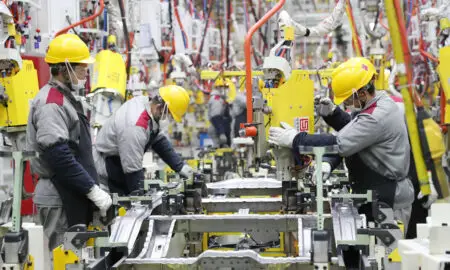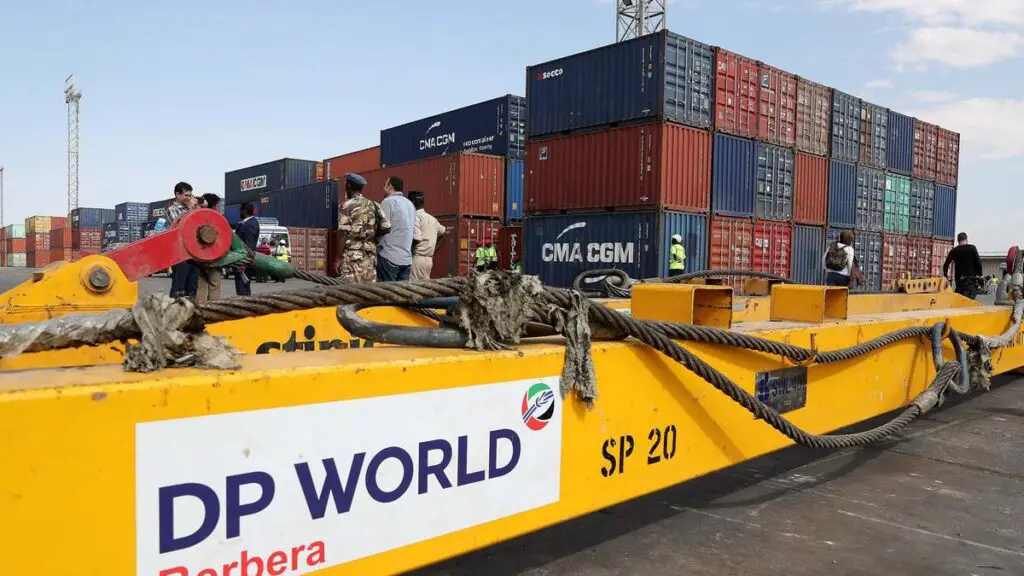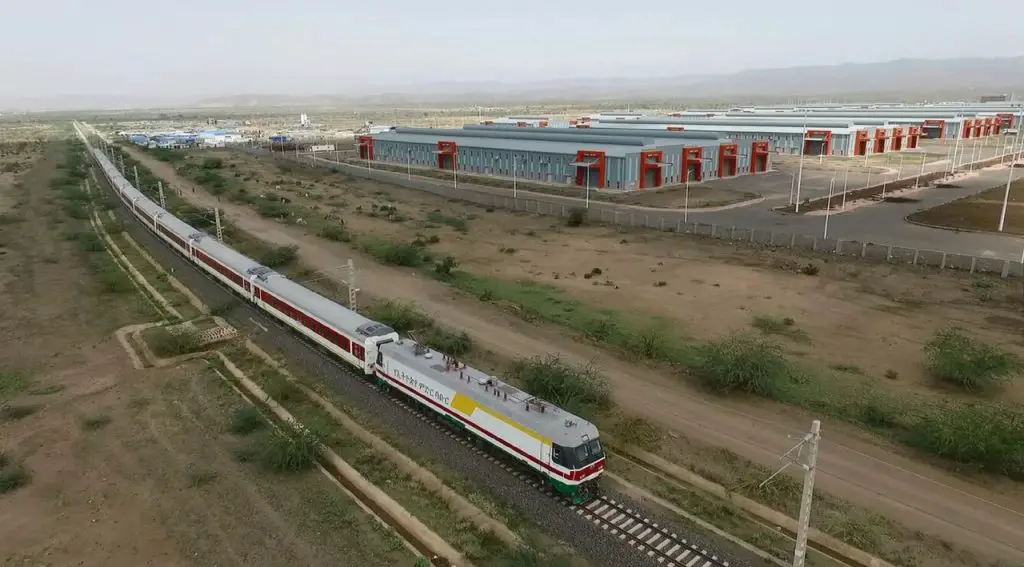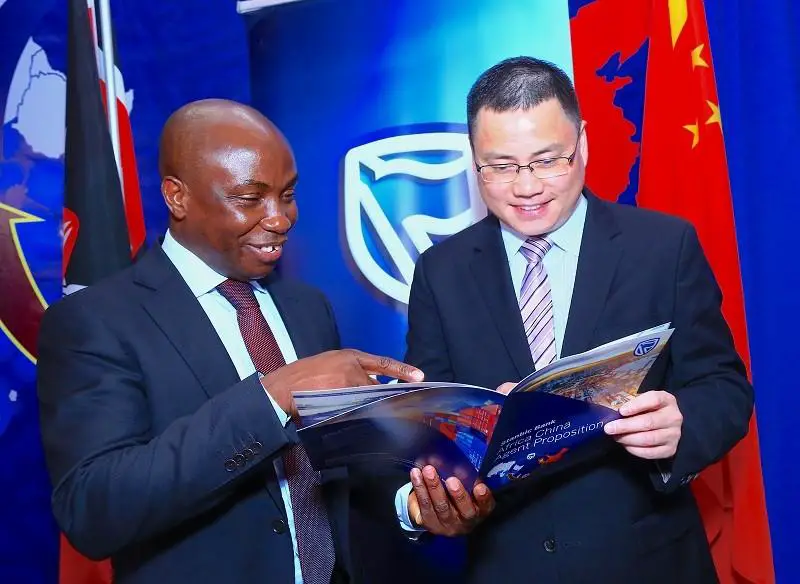- Africa’s new dawn: the rising role of digital and AI in agriculture
- Can Dangote Refinery Transform Africa Energy Ambition
- Gallup Survey: 80 per cent of Kenyan Workers Are Disengaged and Seek New Opportunities
- Madagascar Man Freed from 5KG Tumor After 15-Year Struggle
- How women in Africa are perceived and treated
- Sugar consumption in Kenya to Increase to 1.23 Million Tonnes
- Can Somalia and Turkey Oil deal Bring Change in Somaliland
- Remittances to Kenya dropped to $371.6 million in June, marking a six month low
Browsing: China-Africa Trade
- China’s economic slowdown will affect Africa since the Asian country is the largest single-country trading partner.
- As China experiences a notable economic slowdown, the IMF asserts that sub-Saharan African countries must proactively respond to the shifting geo-economic landscape.
- The IMF says a promising avenue lies in tapping into the robust demand for minerals crucial for renewable energy development.
China—Africa’s largest single-country trading partner—is experiencing an economic slowdown. And this matters a lot for policymakers in Africa. As China grapples with a second consecutive month of contracting manufacturing activity posted in November, the implications stretch far beyond the borders of the Asian country.
China’s purchasing managers’ index (PMI) stumbled to 49.4 in November, a slight dip from October’s 49.5, falling short of economists’ expectations of 49.7. This statistical swing around the pivotal 50-point mark, which separates contraction from expansion, paints a nuanced picture of an economy needing stimulus to revive growth …
Worth noting here is that Africa, including Ethiopia and most of its East African neighbours, are squirming in shipments of second-hand clothing, interestingly, imported from Europe, North America and other western countries.
What better defines neo-colonialism than Africa producing clothes to be exported to Europe and North America only for these very clothes to be sold back to Africa after they have been used! This sounds worse than the renowned exploitative colonial and post-colonial trade agreements (that still hold true and strong) where Africa, using cheap labour, produces raw material, which is cheaply exported to Europe, processed, packaged and sold back to Africa!
Several East African countries have attempted to honour up and ban the import of second-hand clothes. As you can imagine, the attempt failed.…
Stanbic Bank Kenya and Industrial Commercial Bank of China (ICBC) have partnered with Chinese Trade Agent Zhejiang International Trading Supply Chain Co. Ltd (Guomao) to launch the Africa China Agent Proposition (ACAP) initiative. (https://navalpost.com/)
The initiative which has been launched in different parts of Africa aims to assist African importers source and validate quality goods, safely and efficiently, from the most competitive suppliers in China.
The ACAP offering is expected to revolutionize African importers’ view of China’s supplier universe. It will also ease the cash flow of African importers by providing access to financing while empowering importers with sight and control of the entire importing and logistics process.
It was initially launched in Nigeria and Ghana in May 2019 with roll out to South Africa and Kenya following.
Currently African importers order from only a handful of trusted Chinese suppliers. This limits the negotiating power of African importers …








